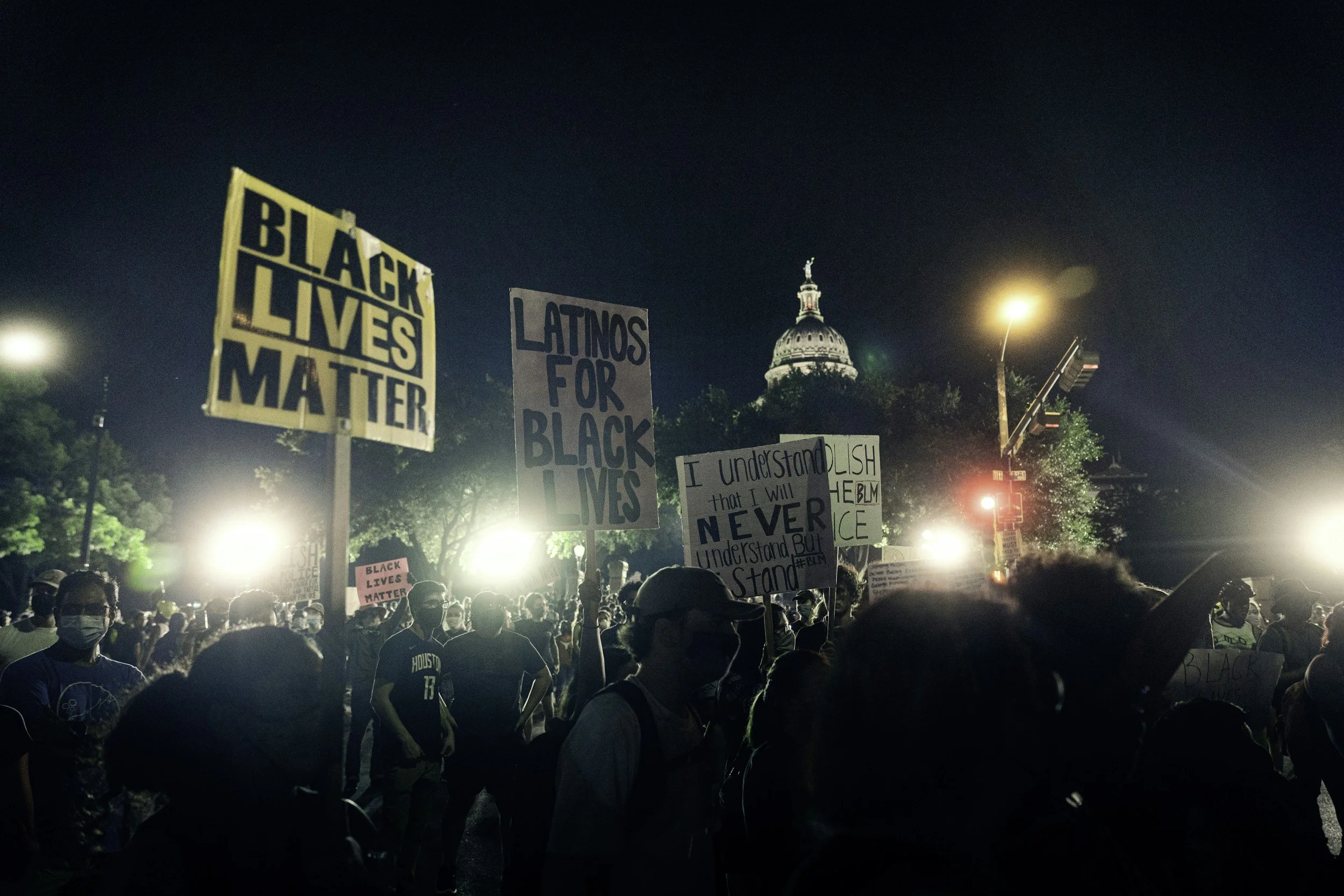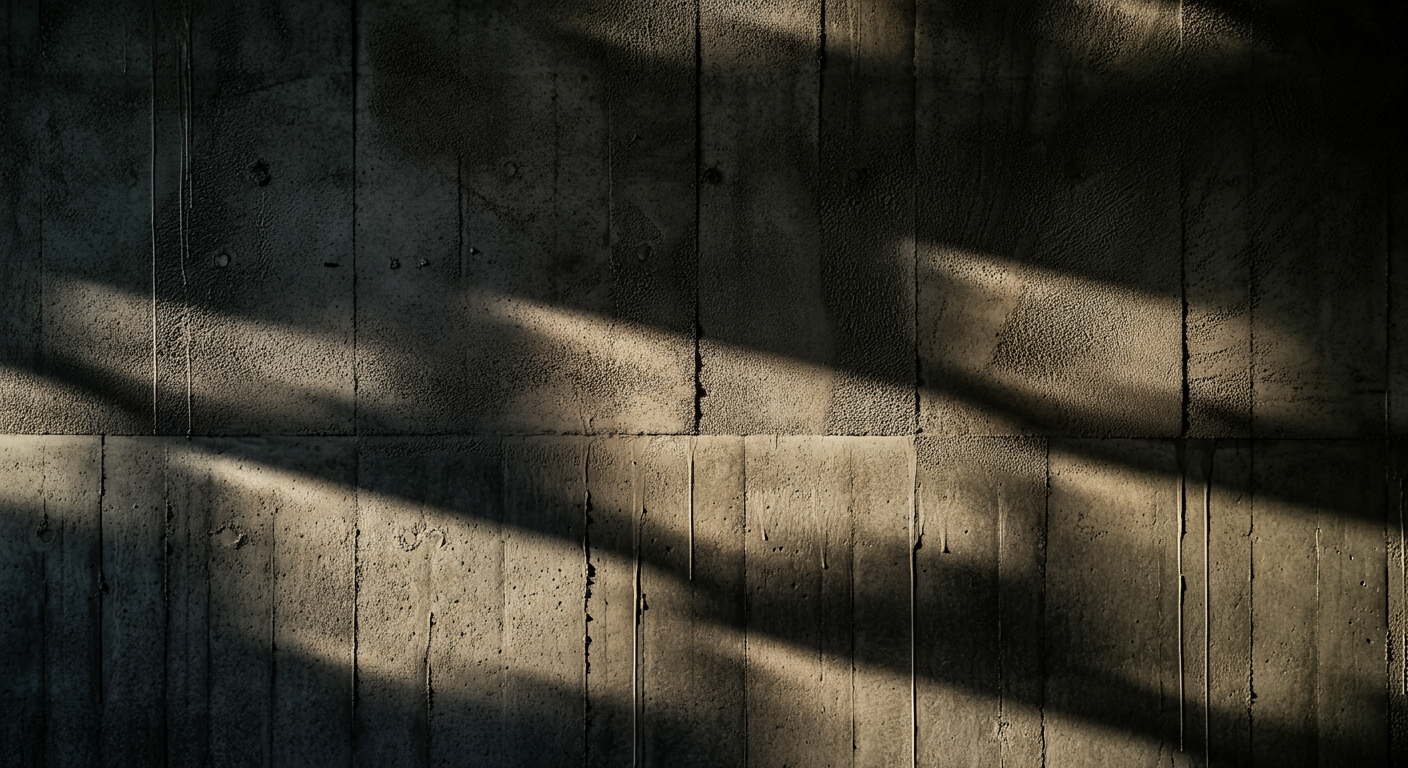
What can be done?
*
What can we do?
*
How can we help?
*
What can be done? * What can we do? * How can we help? *
We are moved to help when we see injustice and know we can make a difference.
We are moved to help when we see injustice and know we can make a difference. Learning about the Civil Rights Movement and visiting the places where people fought for freedom reminds us that change is possible when we take action. The courage of those who came before us inspires us to speak up, support others, and work toward a more fair and equal world. When we understand the struggles of the past, we feel a deeper responsibility to make things better today.
RECONCILIATION!
RECONCILIATION!
This stone is located on the right front side wall of the designated entrance to Kelly Ingram Park, behind the statue of the three ministers. It was created as a reminder to never forget the legacy of the park’s violent history in the face of a peaceful movement, and that the park is a place to reflect and not dwell. A reminder that the park served as a major landmark for young civil rights protesters, and the victories and hardships they shared and endured together.
Understanding and recognizing the historical and ongoing injustices and painful history is the constant stepping stone to achieving a more equitable society. However, it should never come at the expense of feeling extensive responsibility for the actions of other people within a group. While feelings of shame and/or guilt are natural reactions in the short term, for true reconciliation, it should not be the dividing factor in this country’s potential for healing.
The process of reconciliation is a long-term commitment, involving researching history and teaching lessons to ensure that the same mistakes and inequality do not happen again. Promoting law reforms on state issues and supporting systemic changes are a good step to encourage civil rights development. Remember, being weighed down by history will only keep reconciliation at a standstill. You, as the individual, are responsible for healing the collective.
John
Further Educate Yourself!
Educating yourself on the past—and how you can help in the present—is one of the most powerful ways to make a meaningful difference. Understanding history allows you to see the roots of injustice, the patterns of resistance, and the stories of those who fought for change before us. It builds empathy, perspective, and a sense of responsibility. When you take the time to learn, you’re not just gaining knowledge—you’re equipping yourself to act with purpose, to challenge harmful systems, and to stand in solidarity with others. You can’t change what you don’t understand—and education is the first step toward justice.
Take action!
Want to take local action?
Find local food shelters and volunteer programs to help members in your immediate community. Stay informed about local media through social media or news to be notified about protests for regional, national, and international injustices.
The Equal Justice Initiative offers resources for learning about past and present racial injustices as well as links for local organizations and volunteering opportunities.
Vote!
After the hundreds of people sacrificing their time and lives for the equal opportunity to vote, it is ever important to exercise your right to vote. At a time of threatened democracy and censorship, voting is one of the ways We The People can bend the government towards their constituents.
Rock the Vote is a website dedicated to encouraging young people to vote and get politically involved.
Columbus Free Press:
Indivisible Central Ohio:
These organizations help get the word out about demonstrations in the Columbus, Ohio, area.
If you ever want to engage in outward activism, these are the places to look.
The National Voting Rights Museum and Institute in Selma, Alabama, has faced significant challenges recently. The city of Selma has experienced a significant population decline, dating back to the 1960s. The museum has applied for funding from the state and local levels, but has not received a response. They have been struggling to find workers and keep their doors open.
Throughout our stay at the museum, Faya Ora Rose Touré, the other owner, emphasized to us that we, the youth of our generation, are the future and that our youth will guide the world forward. Even at the age of 80, it felt like she was the youngest and most youthful person in the room. She brought light and spirit into the room, engulfing us in her presence. While we were there, Ms. Touré told us about the vandalism right outside (before and after photos shown below) and how the museum had been struggling for a while now.
This museum is a living, breathing monument on the soil where history took place. Not only is it situated on historical grounds where Bloody Sunday occurred, but it is also independently owned by a woman and a man who have firsthand experience of the Civil Rights Movement. Their untold stories need to thrive in the present day to enable society to have a deeper understanding of the democracy of this country. What makes this museum so important and different from the rest is that it's intimate. Unlike other museums, this one offers a more personal experience, thanks to its openness and approachable nature, treating you like a neighbor and allowing you to connect with each artifact and the museum's owners. You can ask any questions you have during your stay, and they will even sing songs during the tour.
Literature for Further Research
You Have to Be Prepared to Die Before You Can Begin to Live By Paul Kix
Bearing the Cross: Martin Luther King, Jr., and the Southern Christian Leadership Conference By David Garrow
Walking with the Wind: A Memoir of the Movement By John Lewis
The Dead Are Arising: The Life of Malcolm X By Les Payne
The Autobiography of Malcolm X By Malcolm X
Eyes on the Prize: America’s Civil Rights Years, 1954–1965 By Juan Williams
Voices of Freedom: An Oral History of the Civil Rights Movement from the 1950s Through the 1980s By Henry Hampton and Steve Fayer
The Autobiography of Martin Luther King, Jr. By Martin Luther King, Jr. Edited by Clayborne Carson
Until I Am Free: Fannie Lou Hamer’s Enduring Message to America By Keisha N. Blain
Parting the Waters: America in the King Years 1954–63 By Taylor Branch
Call Me Home: Birmingham, Alabama: The Climactic Battle of the Civil Rights Revolution By Diane McWhorter
Defying Dixie: The Radical Roots of Civil Rights, 1919–1950, By Glenda Elizabeth Gilmore
Living with Lynching By Koritha Mitchell
Buses Are A Comin’ By Charles Person
Just Mercy By Bryan Stevenson
Medical Apartheid By Harriet A. Washington
The Blood Of Emmet Till By Timothy B. Tyson
Stamped From the Beginning By Ibram X. Kendi
Me and White Supremacy By Layla F. Saad
The New Jim Crow By Michelle Alexander
So you wanna talk about Race By Ijeoma Oluo
White Rage By Carol Anderson
White Fragility: Why It’s So Hard for white people to Talk About Racism by Robin DiAngelo Foreword by Michael Dyson
A Fever in the Heartland By Timothy Egan
We want to do more than survive. By Bettina L. Love
Growing Up Jim Crow: By Jenifer Ritterhouse
While the World Watched By Carolyn Maull McKinstry
No Ashes in the Fire: Coming of Age Black and Free in America by Darnell L. Moore
Birmingham 1963 by Shelley Tougas
50th Selma Commemorative Book Remember, Recommit, Restore Edited by Connie Tucker and Anna D. Billups
Films for Further Research
Selma (2014)
13th (2016)
True Justice: Bryan Stevenson’s Fight For Equality (2019)
Who We Are: A Chronicle of Racism in America (2021)

Martin Luther King Jr.
“The function of education is to teach one to think intensively and to think critically. Intelligence plus character—that is the goal of true education.”
Malcolm X
“Education is the passport to the future, for tomorrow belongs to those who prepare for it today.”
Barbara Jordan
“Education remains the key to both economic and political empowerment.”
Thurgood Marshall
“None of us got where we are solely by pulling ourselves up by our bootstraps. We got here because somebody... bent down and helped us pick up our boots.”
Rosa Parks
“The only tired I was, was tired of giving in.”
(While not directly about education, it speaks to the learned strength and resolve that education and awareness foster.)



